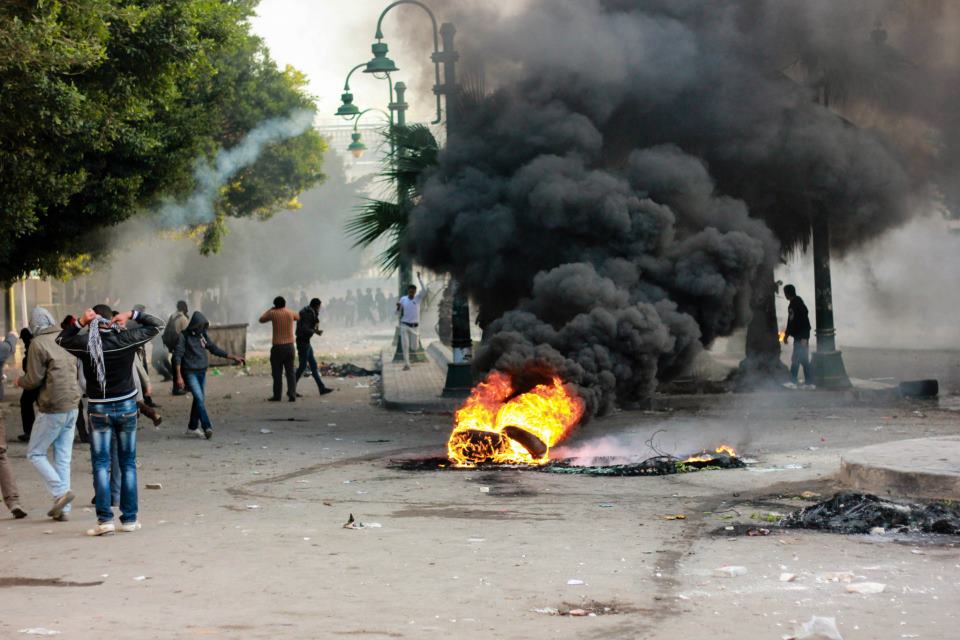CAIRO: The technical committee formed by the Ministry of Transportation to write a technical report on the deadly train accident that took place in Qalyoub on Aug. 21 announced its findings yesterday.
The committee released a statement asserting that it consisted of experts and professors not affiliated with the railway body in anyway. Dr. Booles Naguib Salama, head of the technical committee and a railway engineering professor at Cairo University, announced that the committee has uncovered the main causes leading up to the train crash.
The statement, released by the committee on Thursday, attributed the accident to several factors, first and foremost of which was a signal error.
The committee says that an error in track signals’ operation in the area of the collision led to the wrong color of track signals being shown. The incorrect signal led to confusion on the part of drivers who were surprised by a red light coming from one of the signals before Qalyoub station.
The ATC machine, which is attached to the engine, was activated and worked to stop both trains automatically. Due to the shortage of time between the first train, which had already stopped, and the next one, which arrived shortly after the first one, the ATC machine of the second train was unable to bring the train to a halt even though it had started working. The short distance between the two trains led the second train to collide into the first one and caused the accident.
Salama added that the inaccuracy in the operation of the train signals and failure to follow train schedules were clearly the reasons behind the short time interval between trains, stressing that the accident happened when all these aspects coincided.
The committee included Salama, as president; Dr. Mohammed Yousry Mohammed Ibrahim, railway professor at the faculty of engineering at Al-Azhar University, Dr. Hany Sobhy Reyad, assistant professor of railway engineering at Ein Shams University and engineer Mohammed Nabil Hedayet, consultant to the minister of transportation.

